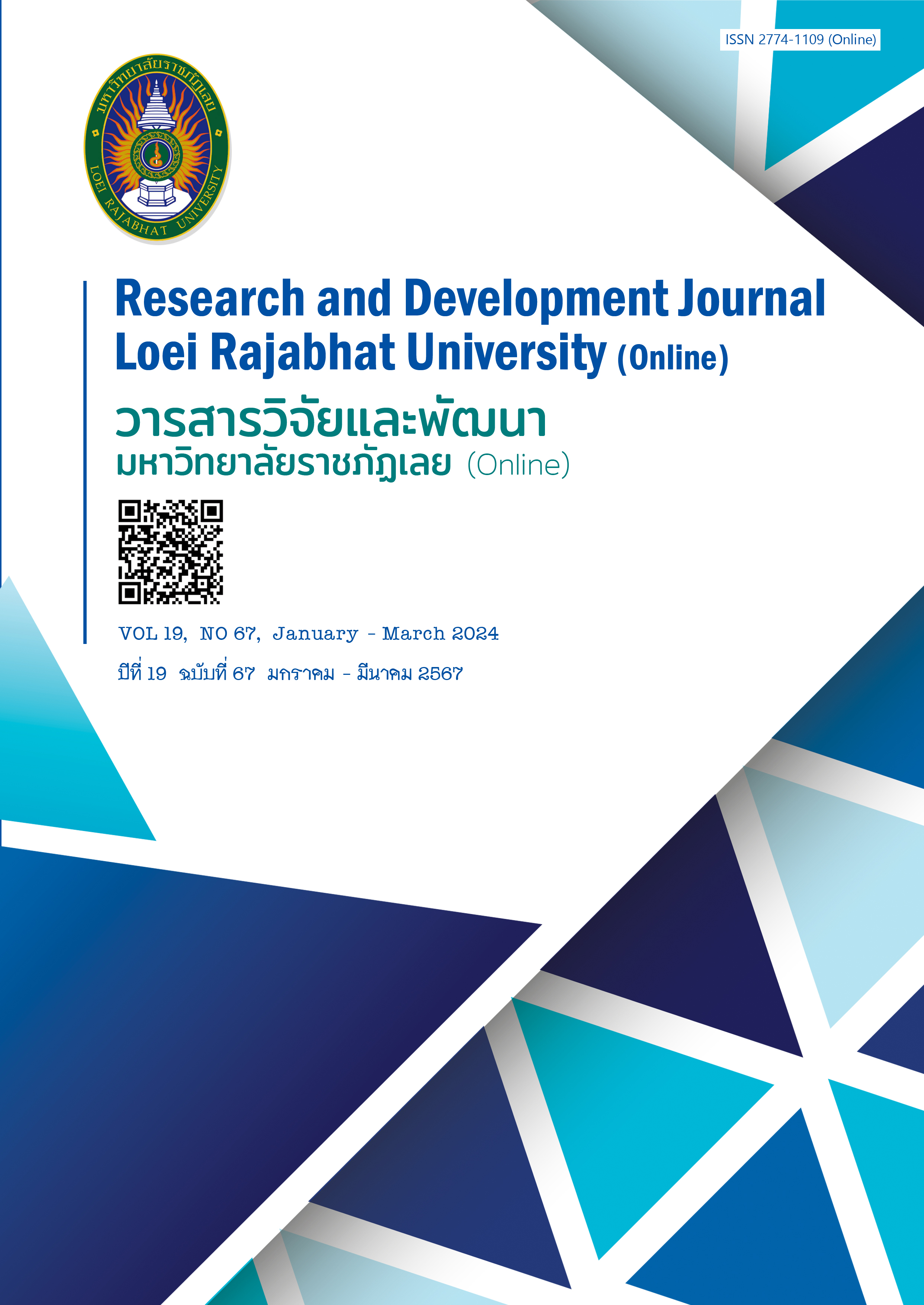ความรู้ความเข้าใจในบทบาทของนักบัญชียุคดิจิทัลตามมุมมองของผู้ประกอบวิชาชีพบัญชีในเขตภาคเหนือตอนล่าง
คำสำคัญ:
ความรู้ความเข้าใจ, บทบาทของนักบัญชี, ยุคดิจิทัลบทคัดย่อ
การวิจัยครั้งนี้มีวัตถุประสงค์เพื่อศึกษา ความรู้ความเข้าใจในบทบาทของนักบัญชียุคดิจิทัลตามมุมมองของผู้ประกอบวิชาชีพบัญชีในเขตภาคเหนือตอนล่างและศึกษาปัจจัยส่วนบุคคลมีผลต่อความรู้ความเข้าใจในบทบาทของนักบัญชียุคดิจิทัล กลุ่มตัวอย่างที่ใช้ในงานวิจัยครั้งนี้ ได้แก่ ผู้ประกอบวิชาชีพบัญชีในเขตภาคเหนือตอนล่าง จำนวน 302 คน เครื่องมือที่ใช้ในการเก็บรวบรวมข้อมูลคือแบบสอบถาม และสถิติที่ใช้วิเคราะห์ข้อมูล ได้แก่ ค่าความถี่ ค่าร้อยละ ค่าเฉลี่ย ค่าส่วนเบี่ยงเบนมาตรฐาน t-test และ F- test โดยกำหนดระดับนัยสำคัญทางสถิติที่ระดับ .05 เมื่อพบความแตกต่างจะนำไปเปรียบเทียบรายคู่โดยใช้วิธีของเชฟเฟ่ (Scheffe-Method)
ผลการวิจัยพบว่า ผู้ประกอบวิชาชีพบัญชีในเขตภาคเหนือตอนล่างมีความคิดเห็นเกี่ยวกับบทบาทของนักบัญชียุคดิจิทัลโดยรวมอยู่ในระดับมากที่สุดแสดงให้เห็นว่าผู้ประกอบวิชาชีพบัญชียุคดิจิทัล ควรมีความรู้ความเข้าใจและให้ความสำคัญกับบทบาทของนักบัญชีในทุกด้าน โดยบทบาทของนักบัญชียุคดิจิทัลแบ่งออกเป็น 4 ด้านโดยเรียงตามลำดับ ได้แก่ ด้านจรรยาบรรณวิชาชีพ ด้านกฎหมาย ด้านเทคโนโลยี และด้านทักษะ
ผู้ประกอบวิชาชีพในเขตภาคเหนือตอนล่างที่มีเพศต่างกันมีความคิดเห็นเกี่ยวกับความรู้ความเข้าใจในบทบาทของนักบัญชียุคดิจิทัลไม่แตกต่างกัน ปัจจัยส่วนบุคคลด้านอายุ ระดับการศึกษา และประสบการณ์การทำงานเกี่ยวกับด้านบัญชีที่ต่างกันมีความคิดเห็นเกี่ยวกับความรู้ความเข้าใจในบทบาทของนักบัญชียุคดิจิทัลแตกต่างกัน อย่างมีนัยสำคัญทางสถิติที่ระดับ .05
เอกสารอ้างอิง
จันทร์จิรา ยอดจันทร์. (2563). ความรู้ความเข้าใจเกี่ยวกับภาษีอากรตามประมวลรัษฎากรของนักตรวจสอบภาษี กองบริหารภาษีธุรกิจขนาดใหญ่ (การค้นคว้าอิสระปริญญามหาบัณฑิต). มหาวิทยาลัยรามคำแหง, กรุงเทพ.
ณัฐวัชร อุตตมะปรากรม. (2561). ความสัมพันธ์ระหว่างจรรยาบรรณวิชาชีพบัญชีและพฤติกรรมการตกแต่งกำไร. (วิทยานิพนธ์ปริญญามหาบัณฑิต). มหาวิทยาลัยสงขลานครินทร์, สงขลา.
ธีรศักดิ์ ฉั่วศรีสกุล. (2563, 21 เมษายน). ทักษะและเทคโนโลยีที่สำคัญสำหรับนักบัญชีบริหาร. สืบค้นจาก https://www.tfac.or.th/Article/Detail/123469
ราชิต ไชยรัตน์. (2563, 7 กรกฎาคม). บทบาทนักบัญชีในโลกอนาคตจากนักบัญชีสู่นักบัญชีนวัตกร. สืบค้นจาก https://www.accrevo.com/articles/item/58
วริยา ปานปรุง. (2561). ความสัมพันธ์ระหว่างสมรรถนะของผู้ประกอบวิชาชีพบัญชีที่มีต่อคุณลักษณะของนักบัญชีในยุคไทยแลนด์ 4.0. ในการประชุมวิชาการเสนอผลงานวิจัยระดับชาติ ครั้งที่ 2, “Graduate School Conference 2018”, มหาวิทยาลัยราชภัฏพระนคร.
วีระศักดิ์ จินารัตน์. (2557). การวิเคราะห์ข้อมูลด้วยสถิติเชิงอนุมาน. วารสารวิชาการมหาวิทยาลัยการจัดการและเทคโนโลยีอีสเทิร์น, 11(2), 80-85.
ศิริพงศ์ พฤทธิพันธุ์. (2553). ระเบียบวิธีวิจัย. กรุงเทพฯ: อักษราพิพัฒน์.
สภาวิชาชีพบัญชีในพระบรมราชูปถัมภ์. (2565, 7 เมษายน). รายงานสภาวิชาชีพบัญชีประจำปี 2564. สืบค้นจาก https://www.tfac.or.th/Article/Detail/66553
ดาวน์โหลด
เผยแพร่แล้ว
รูปแบบการอ้างอิง
ฉบับ
ประเภทบทความ
สัญญาอนุญาต
ลิขสิทธิ์ (c) 2024 วารสารวิจัยและพัฒนา มหาวิทยาลัยราชภัฏเลย

อนุญาตภายใต้เงื่อนไข Creative Commons Attribution-NonCommercial-NoDerivatives 4.0 International License.
ข้อความที่ปรากฎในวารสารฉบับนี้เป็นความคิดเห็นของผู้เขียนแต่ละท่าน สถาบันวิจัยและพัฒนา มหาวิทยาลัยราชภัฏเลย และกองบรรณาธิการ ไม่จำเป็นต้องเห็นด้วยและไม่มีส่วนรับผิดชอบใดๆ
สถาบันวิจัยและพัฒนา มหาวิทยาลัยราชภัฏเลย ขอให้ผู้อ่านอ้างอิงในกรณีที่ท่านคัดลอกเนื้อหาบทความในวารสารฉบับนี้






